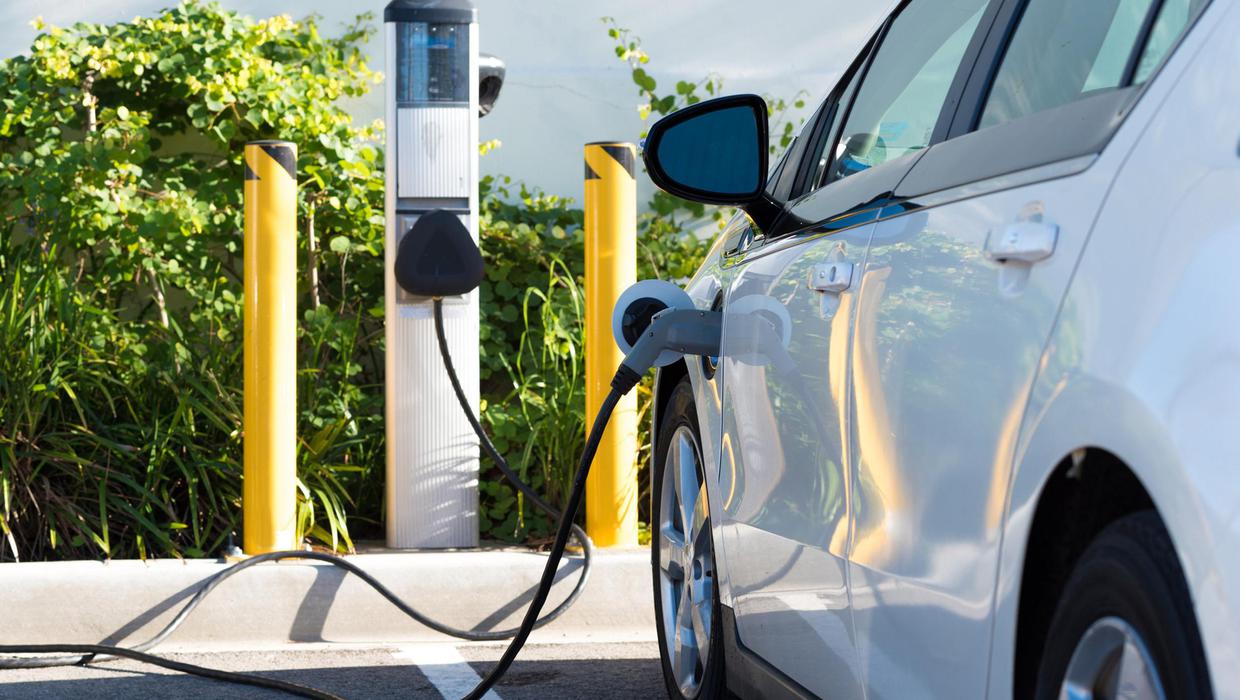
Andrew Muzamhindo Analyst THE era of diesel engines is coming to an end.
Diesel cars are facing a grim future.
With the ban on new fuel vehicles looming in 2040 in most European countries, the push towards electric and ever-decreasing emissions tolerances, one is tempted to conclude that there is no future for diesel cars.
How do you solve one of the most pressing problems facing our generation? How do you satisfy the population’s desire for cleaner air?
And how do we achieve that without restricting our mobility? Air quality in urban areas is a major challenge for all concerned nowadays.
Diesel fuel has been a huge part of the automotive industry. The performance this fuel type brings to the table and its relative fuel economy made diesel a favourite among car-buyers, to the point that almost every brand has a diesel option in their vehicle line-up.
But, that is a thing of the past now.
Scandals that involve diesel emissions have tarnished the use of the fuel type and stricter regulations from several countries have forced manufacturers to ultimately veer away from including diesel-fed cars in their range.
- Chamisa under fire over US$120K donation
- Mavhunga puts DeMbare into Chibuku quarterfinals
- Pension funds bet on Cabora Bassa oilfields
- Councils defy govt fire tender directive
Keep Reading
With that, sales numbers of diesel-powered cars continue to drop, particularly in Europe. It is a sad story, but one that we have had coming, as it is almost impossible to come clean while using diesel.
Some automakers announced that they will put a stop to diesel cars production. These are Fiat, Volvo, Lexus, Alfa Romeo, Jeep, Mercedes Benz, BMW, Mitsubishi, Nissan, Porsche, Suzuki, Toyota and many others.
China, the world’s biggest car market, plans to ban the production and sale of diesel and petrol cars and vans. China made 32 million cars last year, almost a third of the global total.
Both the UK and France have already announced plans to ban new diesel and petrol vehicles by 2040, as part of efforts to reduce pollution and carbon emissions.
Chinese-owned carmaker Volvo said that all its new car models would have an electric motor from last year. Geely, Volvo’s Chinese owner, aims to sell one million electric cars by 2025.
Volvo has announced plans to go electric across the board. Other global car firms including Renault-Nissan, Ford and General Motors are all working to develop electric cars in China.
Automakers are jostling for a slice of the growing Chinese market ahead of the introduction of new rules designed to fight pollution.
China wants electric battery cars and plug-in hybrids to account for at least one-fifth of its vehicle sales by 2025. The proposals would require 8% of automakers’ sales to be battery electric or plug-in hybrids by next year, rising to 12% in 2020.
This is likely to cause turbulent times in the Chinese motor industry. The shift will also have a knock-on effect on oil demand in China. The country is currently the world’s second-largest oil consumer after the US.
When the Chinese motor industry coughs the world of motoring will catch a cold because of its massive size. I believe these changes in China will impact the global motoring stage as well.
In France after 2040, carmakers will only be allowed to sell electrical vehicles or other alternative clean vehicles. Hybrids will also be allowed.
German cities have already started to ban older, more polluting cars from their roads. Obviously, with car manufacturing being a major part of Germany’s economy they will need to tread carefully. Mercedes Benz has stopped selling diesel cars in the United States already.
Over the next 20 years, Mercedes-Benz aims to have a carbon-neutral new passenger car fleet and aims to have plug-in hybrids or all-electric vehicles to make up more than 50% of its car sales by 2030.
In addition, by 2022 all European Daimler factories will be producing in a climate-neutral manner.
India is planning to remove all diesel-engine cars from their roads by 2030. These are to be replaced with primarily electrically powered alternatives by that time. If you have been to India, China and Pakistan you will agree that pollution from car smoke is unfathomable.
Norway is another country that hopes to remove diesel cars from their roads ASAP. Their plans are slightly more ambitious than others with plans to make sure all new cars are zero-emissions by 2025.
Taiwan is another country that is making plans to remove diesel and petrol engine cars from its roads. They are hoping to stop the sales of all new diesel and petrol engine motorcycles by 2035 and four-wheeled vehicles by 2040.
Belgium has not yet committed as a nation to banning diesel-engine cars, but some cities already have. Brussels, for example, has announced that it wants to ban all diesel cars by 2030. Brussels has already instituted a low emission zone that attracts a 350-euro fine for non-compliance. It’s yet to be seen if this will be rolled out across the country. Japan is another nation that has made plans to ban diesel engines. In 2016, their government in partnership with major Japanese manufacturers like Toyota, Honda and Nissan, announced that they plan to ensure that all new cars are either electric or hybrid by 2050.
This might sound ridiculous but if you drive a diesel car or are planning on getting one, it’s time to think what the implications of the upcoming changes mean to you.
Where does this leave us in Zimbabwe? It’s about time government, the motor industry and the public started having serious discussions and actions on these issues so that a decade from now we will not be caught napping











